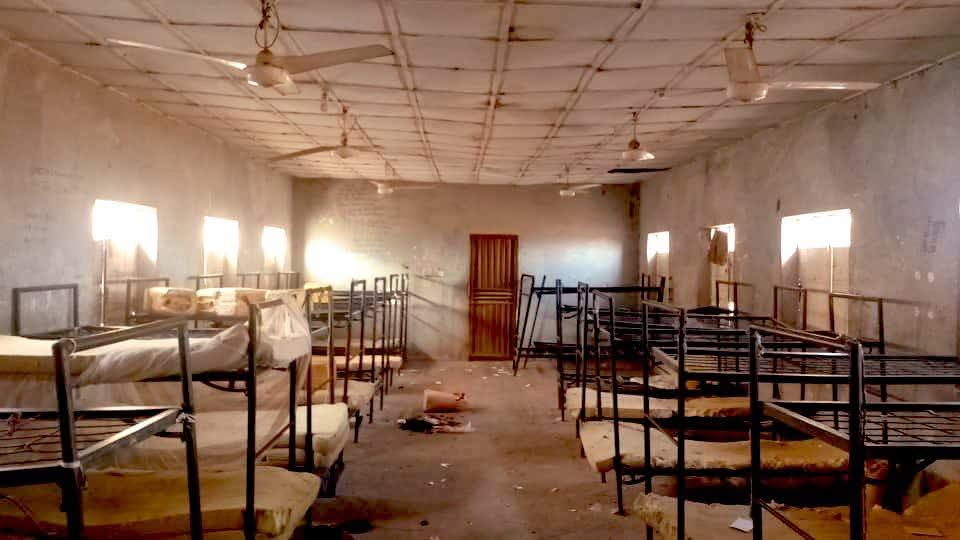In the early hours of Monday, 17th November 2025, Nigeria awoke to yet another heartbreaking tragedy as armed men stormed the Government Girls Comprehensive Secondary School (GGCSS), Maga, in Kebbi State, abducting 25 schoolgirls and killing a teacher who attempted to shield the students from harm. The vice principal was also murdered during the attack, deepening the nation’s grief.
For many Nigerians, this latest mass abduction reopens old wounds. Barely a few years have passed since the Chibok, Dapchi, Jangebe, and Kuriga kidnappings shook the country and the world. Today, the same nightmare has returned, this time in Kebbi State, reminding the nation that the safety of young girls in schools remains dangerously fragile.
According to eyewitnesses, the gunmen invaded the premises around 4:00 a.m., firing indiscriminately to create panic. They overpowered security personnel, forced entry into the girls’ hostel, and marched the terrified students into a nearby bushland. A staff member living in the quarters was threatened at gunpoint and compelled to lead the attackers to the hostels.
Survivors and previous victims of similar abductions paint a painful picture of what these 25 young girls may currently be enduring:
- Hours of trekking through thick forests in fear, hunger, and cold.
- Witnessing violence and the killing of their teacher, trauma that could haunt them for life.
- Being surrounded by armed strangers who bark orders, threaten, and instill fear.
- Uncertainty about their future, their families, and whether rescue will come.
- Risk of physical assault, psychological abuse, and long-term emotional scars.
For the families waiting at home, every minute feels like an eternity. Parents in Maga community have been seen crying, praying, and holding onto hope as security forces begin search operations.
This latest abduction raises critical questions about Nigeria’s preparedness to protect schoolchildren, especially in regions repeatedly targeted by armed groups. Despite numerous policy promises, Safe School declarations, and security deployments, attacks on schools remain alarmingly frequent.

What the Kebbi attack exposes:
- Weak security architecture in vulnerable school areas
- Inadequate early-warning systems
- Failure to implement long-term protective measures for schools in high-risk zones
- Lack of accountability for previous abduction cases
Over a decade of violent attacks has resulted in thousands of Nigerian children missing, traumatized, or permanently displaced from education. Girls are disproportionately affected, leading to a significant drop in school enrollment across many northern states.
Civil society groups, security analysts, and parents are calling on the Federal Government to:
- Deploy adequate security around schools, especially in high-risk areas
- Conduct a transparent investigation into the recurring failures
- Bring perpetrators to justice in fair and public trials
- Provide trauma counselling and long-term psychosocial support for rescued children
- Enforce the Safe Schools Declaration with urgency and accountability
As the search for the 25 kidnapped schoolgirls continues, Nigerians are united in grief but also in a renewed call for action, demanding a nation where children can go to school without fear, and where young girls are protected, not hunted.